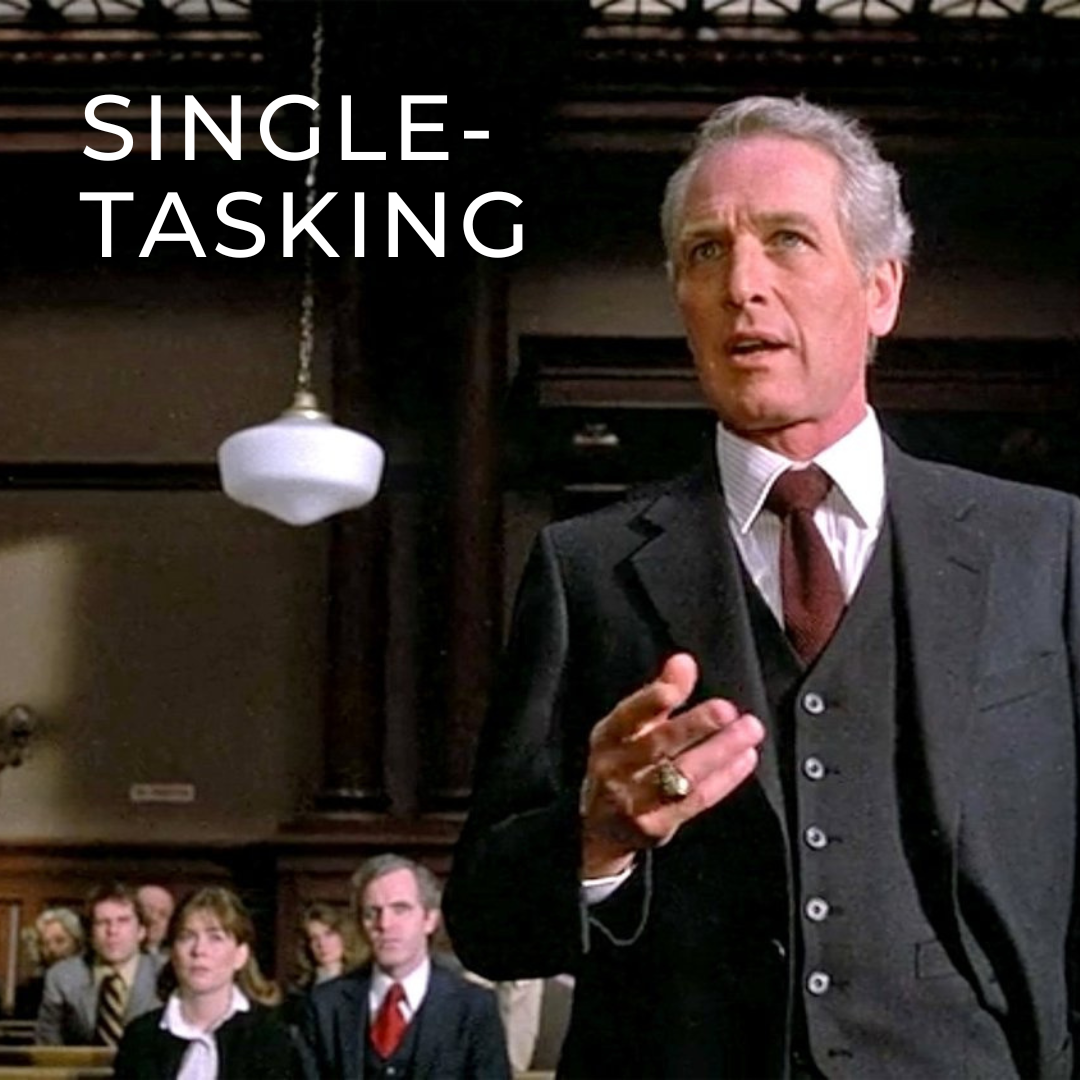
This is the case. There are no other cases.
— Frank Galvin, The Verdict
I regularly listen to a podcast called The Rewatchables, which lightheartedly revisits popular movies of the past, focusing on the power they have to entertain us even—and perhaps especially—on a second viewing, or third, or even a tenth. The show recently turned its listeners' attention to a 1982 movie called The Verdict starring Paul Newman in which Newman plays Frank Galvin, once an up-and-coming lawyer who, after some misfortune, loses his wife and becomes an alcoholic ambulance-chaser barely able to scrape together a living for himself. Out of pity, another attorney, Frank's friend Mickey, refers a medical malpractice lawsuit to him. It involves a young woman who has been left comatose after the delivery of her baby goes awry in the hospital. Frank will be representing the woman and her family against the doctors and a hospital operated by the Catholic Diocese of Boston. The question of the doctors' negligence is at the heart of the case.
The Church's lawyers are formidable but offer Frank a settlement figure adequate to provide for the woman's future medical care. However, Frank, emotionally affected upon visiting her, convinced that the doctors are responsible, and that he is simply being bought off to look the other way, declines the offer. As the trial begins, there are setbacks. The other side, playing dirty, entices Frank's expert witness to disappear. The judge is in the bag for the Diocese, undermining Frank at every turn. Everything that could go wrong, does go wrong. Then, worst of all, as the trial advances, Frank discovers he's been betrayed by a woman he's met. She's been spying on him, feeding information about his preparation and strategy to the Church's lawyers. Mickey, seeing all is lost, urges Frank to ask for a mistrial due to the ethical breaches by opposing counsel.
"There'll be other cases," Mickey tells him, trying to console him.
In response, Frank bows his head. "No," he says. "This is the case. There are no other cases. This is the case. There are no other cases. This is the case," he says, mantra-like, with grave intensity. "There are no other cases."
With these words, Frank recommits to the matter before him with new single-mindedness, resourcefulness, and a renewed belief in the justice of his cause, eventually leading the film to its dramatic conclusion and Paul Newman's delivery of Frank's climactic closing argument, which I'd encourage you to watch—or rewatch as the case may be.
Frank's resolve, represented in these repeating lines, communicates the sort of singular focus we need in order to overcome the highest and most complex challenges life throws at us. We intuitively know that some things require not just our undivided attention but an almost superhuman focus on the sole matter at hand. Having said this, on too many days, in too many circumstances, when perhaps the stakes aren't considered quite so high, by choice, we allow our attention to become so fragmented that there is simply no way we can offer our very best to the thing or the person right before us. We refuse—and it says a lot that this is even a word—to single-task.
The urge to multitask is most often borne from the feeling that we don't have enough time to do everything we want or need to do. It's that constant sense of time-impoverishment that leads us to taking up this brilliant idea that we are perfectly capable of doing two or more things at once. However—no matter what we tell ourselves—we're really not capable of doing this. Neuroscientists who have studied this brilliant idea of ours, tell us we?re not really doing what we think we?re doing anyway. That is, we're not really doing two things at once but rather just switching back and forth between and across two networks and in the bargain, accepting a significant cost—the degradation of our attention toward both the endeavors we're trying to do simultaneously.
Sure, we can probably make our way through most of life, willingly shedding IQ points and emotional energy to these switching costs, mired in the habit of dividing and subdividing our attention like this—multitasking our way along. But it's not really offering our best to God with the today that God has blessed us with, and it's certainly an act of negligence when, with Christ's life as our standard, we only offer a part of ourselves to the person right before us. Let's not settle for that.
God — This is the today You've given me. There is no other today. With single focus, may I give to it—and to those before me—my full attention. Amen.
— Greg Funderburk





